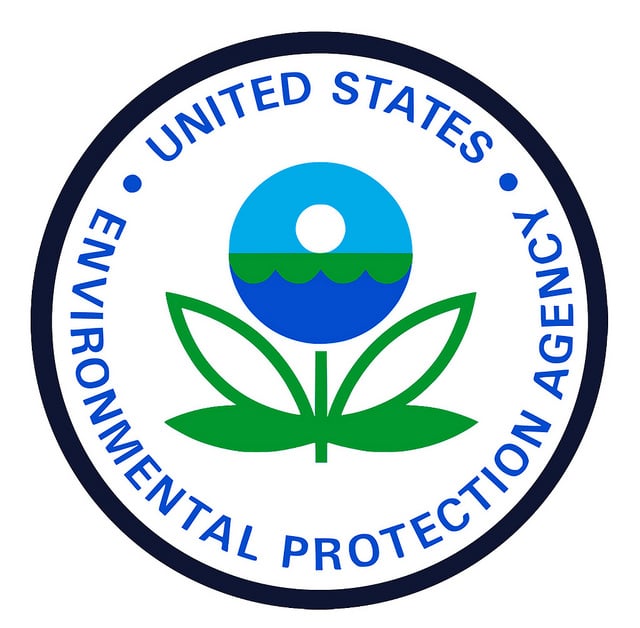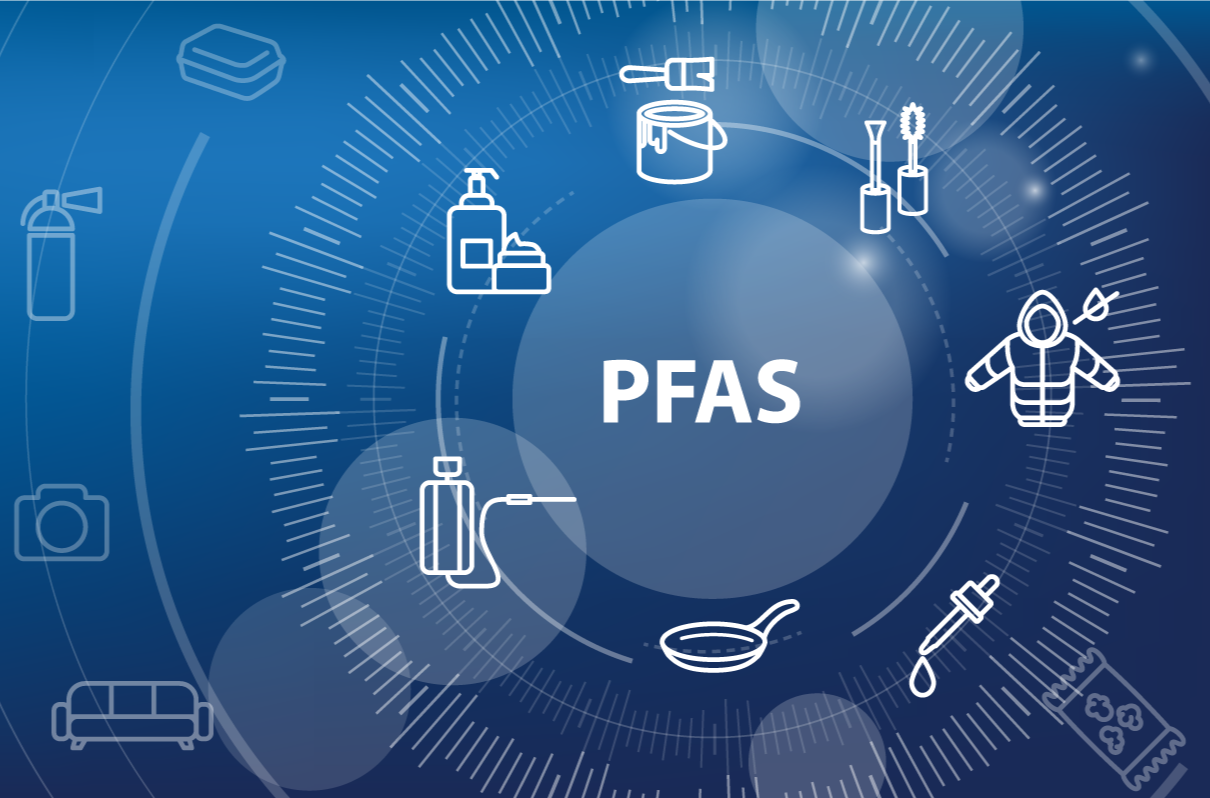Effective October 1, 2025, Quebec has extended the reach of occupational health and safety (OH&S) “prevention plan” requirements to additional employers, by granting assent (effectiveness) to the last provisions of 2021’s “Act to modernize the occupational health and safety regime (Bill 59)” by amending the “Act respecting occupational health and safety” (OHS Act) and a related Occupational Health and Safety Commission (CNNEST) regulation (Regulation respecting prevention and participation mechanisms in an establishment).
Audit, Compliance and Risk Blog
Quebec extends occupational health and safety program requirements
Posted by Jon Elliott on Thu, Nov 06, 2025
Tags: EHS, workplace safety, EHSCompliance, Occupational Health, Risk Management, EHS Compliance, Quebec Regulations, Occupational Health and Safety, Prevention Programs
Value of using a trusted EHS monitoring notification feed
Posted by Daniel Friedman on Tue, Nov 04, 2025
In an era of rapid regulatory change, Environmental, Health, and Safety (EHS) professionals face mounting pressure to ensure their audit checklists and compliance tasks are maintained for facilities located across the globe. While generative AI tools like ChatGPT can be used for EHS research, they lack the precision, reliability, and specialization in EHS required for managing compliance risk. STP ComplianceEHS, as a dedicated EHS content provider, provides a targeted platform through the RegHub product for monitoring regulatory change, including expert editorial oversight, global coverage, and purpose-built compliance tools.
Read More
Tags: EHS, Risk Management, AI, Artifical Intelligence, AI in Risk, EHS Innovation, Artificial Intelligence, EHS Compliance
EPA provides battery energy storage system safety and response guidance
Posted by Jon Elliott on Fri, Sep 26, 2025
On August 21, the US Environmental Protection Agency (EPA) posted updated guidance for battery energy storage system (BESS) installation and incident response. EPA has added a 3-page Fact Sheet, “Battery Energy Storage Systems: Main Considerations for Safe Installation and Incident Response” to its online compilation of information for “Sustainable Management of Electronics and Batteries.” EPA notes that BESS operations help stabilize electrical grids by providing steady power flow, particularly where there may be interruptions in grid power or fluctuations in production from renewable energy sources. However, EPA also notes that lithium battery fires at some installations (notably at commercial facilities in San Diego and Moss Landing, California) have raised safety concerns in many communities. EPA intends its new guidance to help address these concerns; the remainder of this note summarizes EPA’s new guidance.
Read MoreTags: EHS, EPA, sustainability, Clean Energy, Fire Safety, Environmental Health and Safety, Fire Risk Management, Risk Management, Battery Energy Storage
Administration proposes zero budget for Chemical Safety Board
Posted by Jon Elliott on Fri, Aug 08, 2025
Many of the Trump administration’s recent budget requests have proposed reduction in funding for environmental, health and safety (EH&S) agencies (For example I wrote about the environmental Protection Agency (HERE and Occupational Safety and Health Administration HERE ). Most drastically, the administration has proposed ZERO funding for the federal Chemical Safety and Hazard Investigation Board – which usually refers to itself as the Chemical Safety Board or CSB. CSB conducts independent investigations of major chemical accidents, issues accident-specific findings, offers specific or general recommendations for improved chemical handling and regulation, and has enacted a “Chemical Incident Reporting Rule.” (I wrote about the Rule HERE, and compliance guidance HERE). The remainder of this note summarizes CSB’s latest guidance.
Read More
Tags: OSHA, Environmental, EHS, EPA, CSB, Chemical Safety Board, Trump Administration, EHS Compliance, Incident Reporting, Accidental Release Prevention, Process Safety Management, chemical incident investigations
Here’s how to think about contractor selection, onboarding, and safety audits in a way that supports your organization without overstepping boundaries.
Tags: EHS, workplace safety, OHS, EHSCompliance, Risk Management, Safety Audits, Contractor Safety, EHS Compliance, Prequalification
The Canadian Council of Ministers of the Environment (CCME) has issued Excess Soil Reuse Guidance, with individual elements and an over-arching framework that jurisdictions can consider (and perhaps adopt, as published or with local variations) when establishing their own excess soil reuse regimes, and for landowners and consultants to consider when designing and implementing construction and remediation projects that generate excess soil. The remainder of this note summarizes this 51 page guidance document.
Read MoreTags: Environmental, EHS, sustainability, EnviromentalCompliance, EHSCompliance, Sustainability Strategy, Excessive Soil, Soil Reuse, CCME, Environmental Management
EPA realigns enforcement policies to match new administration
Posted by Jon Elliott on Fri, May 09, 2025
On March 12, the US Environmental Protection Agency (EPA) issued a memorandum announcing significant revisions to the agency’s enforcement policies, entitled “Implementing National Enforcement and Compliance Initiatives Consistently with Executive Orders and Agency Priorities.” The memo directs EPA’s civil and criminal enforcement staffs, revising existing Biden-era policies (which I last wrote about HERE) to conform with President Trump’s executive orders (EOs) and policy statements by new EPA administrator Zeldin. The remainder of this note summarizes this new direction.
Read MoreTags: EHS, EPA, NECI, Trump Administration, Environmental Justice rollback, Air toxics enforcement, EPA enforcement, NECI policy changes, Trump Executive Orders
What are Canadian agencies doing to evaluate and control the hazards of perfluoroalkyl and polyfluoroalkyl substances (PFAS) – often referred to as “forever chemicals”? The short answer is “More all the time, directed at more types of PFAS.” On March 5, Environment and Climate Change Canada (ECCC) and Health Canada issued their joint “State of Per- and Polyfluoroalkyl Substances (PFAS) Report” (Report), a 289 page status and plan report on research, information and regulatory efforts directed at PFAS hazards in Canada. The report completes a process that began in 2021, producing a draft Report In May 2023 and an updated draft in July 2024.
Read MoreTags: EHS, sustainability, PFAS, compliance, Regulatory Compliance, Environmental Regulations, Health and Safety, Forever Chemicals
Department of Labor reports fewer occupational injuries, illnesses, and deaths last year
Posted by Jon Elliott on Wed, Mar 26, 2025
The US Bureau of Labor Statistics (BLS) compiles data about occupational injuries and illnesses (I&I), and issues annual reports about occupational injuries, illnesses and fatalities. BLS cooperates with Occupational Safety and Health Administration (OSHA) requirements that employers record occupational I&I as they occur, and compile annual I&I logs to inform workers and regulators of overall rates. BLS issued its report for calendar year 2023 in December 2024, highlighting causes and distributions of workplace deaths, and noting that they were lower than in 2022. The rest of this note summarizes how these occupational incidents are reported and counted.
Read MoreTags: Health & Safety, OSHA, EHS, Safety and Health at Work, Injury, Health and Safety Compliance, Workplace Safety Guidelines, Risk Management
How President Trump and the Republican-led Congress make environmental regulatory changes?
Posted by Jon Elliott on Thu, Feb 27, 2025
Incoming President Trump and the Republican majorities in Congress have begun sweeping plans to reverse many of the outgoing Biden Administration’s environmental policies. The timing and practicality of these reversals depends very much on each of the targeted activity’s legal form – law, regulation, Executive Order (EO), or guidance document. They also depend on where each particular target is in the governmental process: a non-binding policy, a proposed regulation subject, a final regulation subject to administrative appeals or court attacks, and a final regulation. President Trump has taken early executive action under each of these sets of situations. I will write about some separately, but the remainder of this note summarizes each general type of situation, with examples of each set out in order ranging from quickest/easiest to most time consuming/difficult.
Read MoreTags: EHS, sustainability, Executive Order, Environmental Compliance, Policy Change, Trump, Trump Administration, Regulations










